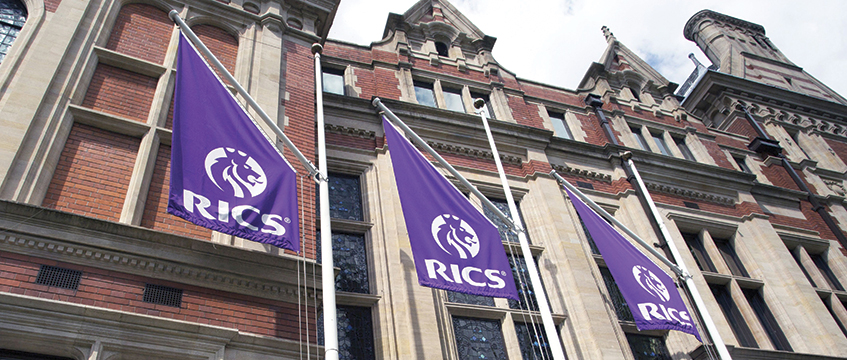Rent-free incentives on the rise as Brexit hampers demand
Retail and office landlords are increasingly turning to incentive packages such as rent-free periods to lure in occupiers, as Brexit uncertainty takes its toll on both tenant and investor demand.
The latest quarterly survey from the Royal Institution of Chartered Surveyors showed that during the first quarter of 2019, overall net demand from occupiers fell by 13%.
When breaking down the figures further, the decline mainly stemmed from the retail sector, in which 57% of respondents reported a fall in tenant enquiries during the quarter.
Retail and office landlords are increasingly turning to incentive packages such as rent-free periods to lure in occupiers, as Brexit uncertainty takes its toll on both tenant and investor demand.
The latest quarterly survey from the Royal Institution of Chartered Surveyors showed that during the first quarter of 2019, overall net demand from occupiers fell by 13%.
When breaking down the figures further, the decline mainly stemmed from the retail sector, in which 57% of respondents reported a fall in tenant enquiries during the quarter.
Occupier demand for office space was broadly stable, after it weakened slightly in Q4. Meanwhile, the industrial sector continued to see a steady rise in tenant enquiries.
Subsequently, there has been a notable increase in incentive packages from retail and office landlords. Just under half (48%) of respondents saw a rise rather in retail inducements, while 26% reported an increase in incentives to take office space.
On the investment side, enquiries declined at the headline level for a second successive quarter, with the net balance deepening by 15%, compared with a fall of 9% previously.
Although the retail sector was again responsible for much of this decline, buyer enquiries also fell modestly for offices, with an 11% reduction representing its lowest point since the second quarter of 2016.
Investment enquiries stayed in positive territory across the industrial sector, however, although the RICS said this was to “a lesser extent than at any other point over the past two years”.
The RICS noted the overall findings suggested that the ongoing lack of movement on Brexit continues to deter investors and occupiers across the board.
Overseas investment demand declined slightly across each area of the market during Q1.
Across the market, 52% of respondents continued to sense that conditions were consistent with the early to middle stages of a downturn, which the RICS noted was virtually unchanged from its Q4 findings.
RICS economist Tarrant Parsons said: “Trends across the UK commercial property market in the early part of 2019 have continued in a similar vein to those reported last year.
“The industrial sector remains a clear area of strength, while the retail sector continues to be challenged by the growth in e-commerce. Brexit uncertainty is again cited to be a negative influence on market activity, causing some occupiers and investors to hesitate as they await further clarity on the future direction of policy.”
To send feedback, e-mail pui-guan.man@egi.co.uk or tweet @PuiGuanM or @estatesgazette











